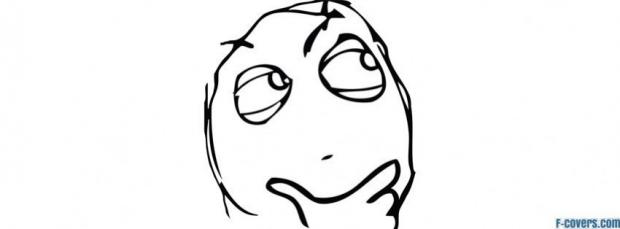I love Voyager, just as it is.
I don't want all that shaking camera, snot-nosed sobbing, melodrama.
Voyager did episodic science fiction as well as any sci-fi series. And easily the best two-parters in Star Trek.
VOY and TNG are basically tied for my favorite series.

I have to be honest...I did not like VOY when it first aired. I just couldn't get into it and I only watched it sporadically after the first season. Over the last 2 years, I did a slow watch of the entire series and...frankly...I think it's pretty damn entertaining. It doesn't have the depth that TNG achieved at times, and it doesn't have the great characters that TOS and DS9 had...but what it does have is an absolutely consistent sense of fun and some pretty inventive sci-fi stories that kept me engaged and enjoying most of what I saw. And, perhaps most importantly, even when it was sub-par...it was NEVER boring.
I think, decades later, with far less "expectations" in my mind (and far less "saturation" of Trek movies and series)...I was able to see it from a very different angle and I really liked most of it.






